Consider the conventional portfolio of the American Dream: owning a home, buying a car, perhaps starting a small business—each typically requires a substantial amount of credit to turn the dream into a reality. For many Americans who lack access to traditional credit, these quintessential markers of stability and success may remain out of reach.
Data released by the Consumer Financial Protection Bureau (CFPB) in 2015 revealed about 45 million people in the U.S. lacked credit records or had records considered “unscorable.” The FDIC's biennial 2019 survey of U.S. households showed more than 7 million homes were reportedly “unbanked,” meaning no one in the home had a checking or savings account at a bank or credit union.
Economists and some members of Congress have suggested incorporating alternative data like cell phone, utility and rent payments in credit scores. These data lines, currently excluded from traditional credit scores, could provide information on financial responsibility that would expand credit access.
· What guardrails can policymakers implement to ensure responsible use and adherence to applicable consumer protection laws?
· Can alternative data be used to increase access to credit for underserved families?
· What needs to be done for lenders to become comfortable using alternative data in credit underwriting?

